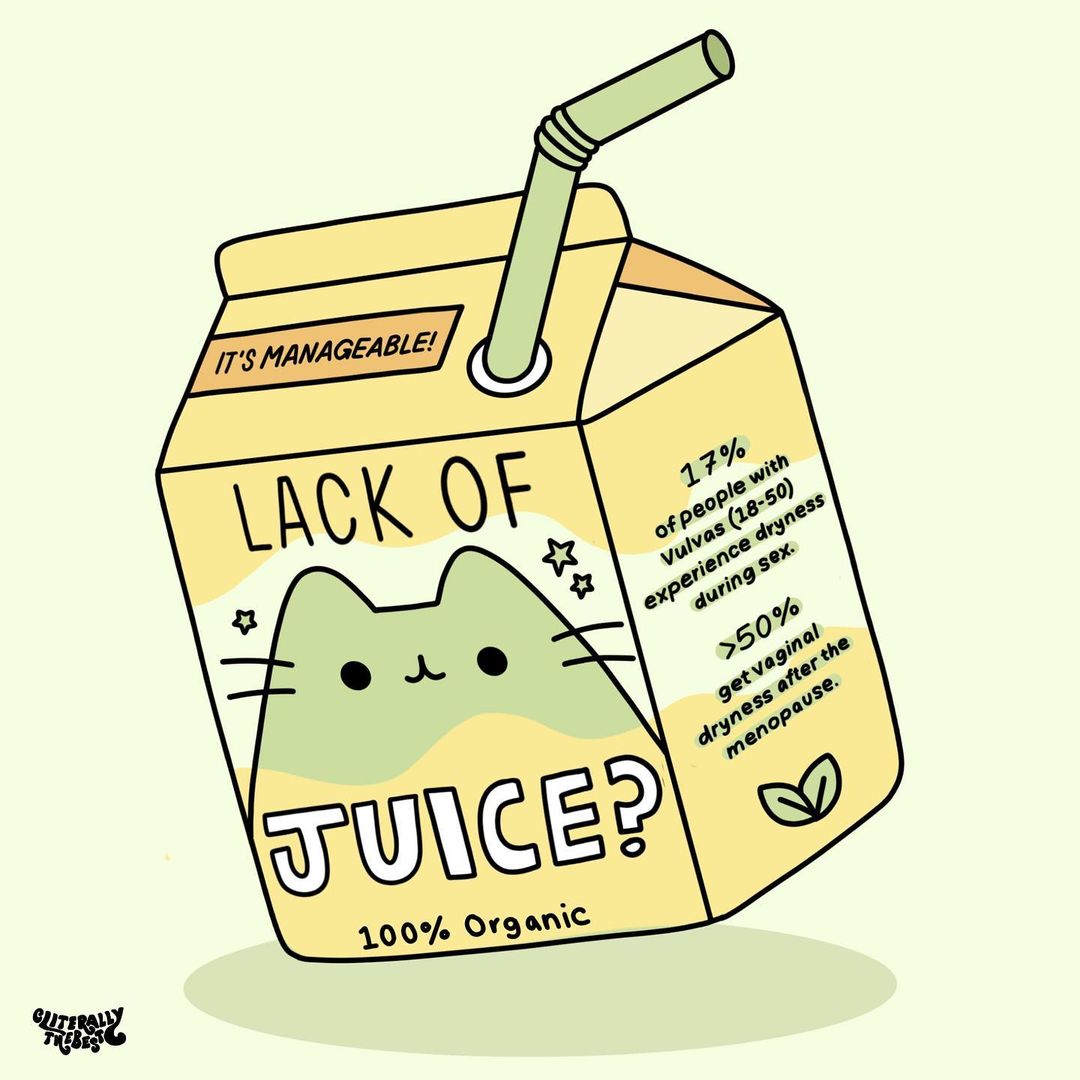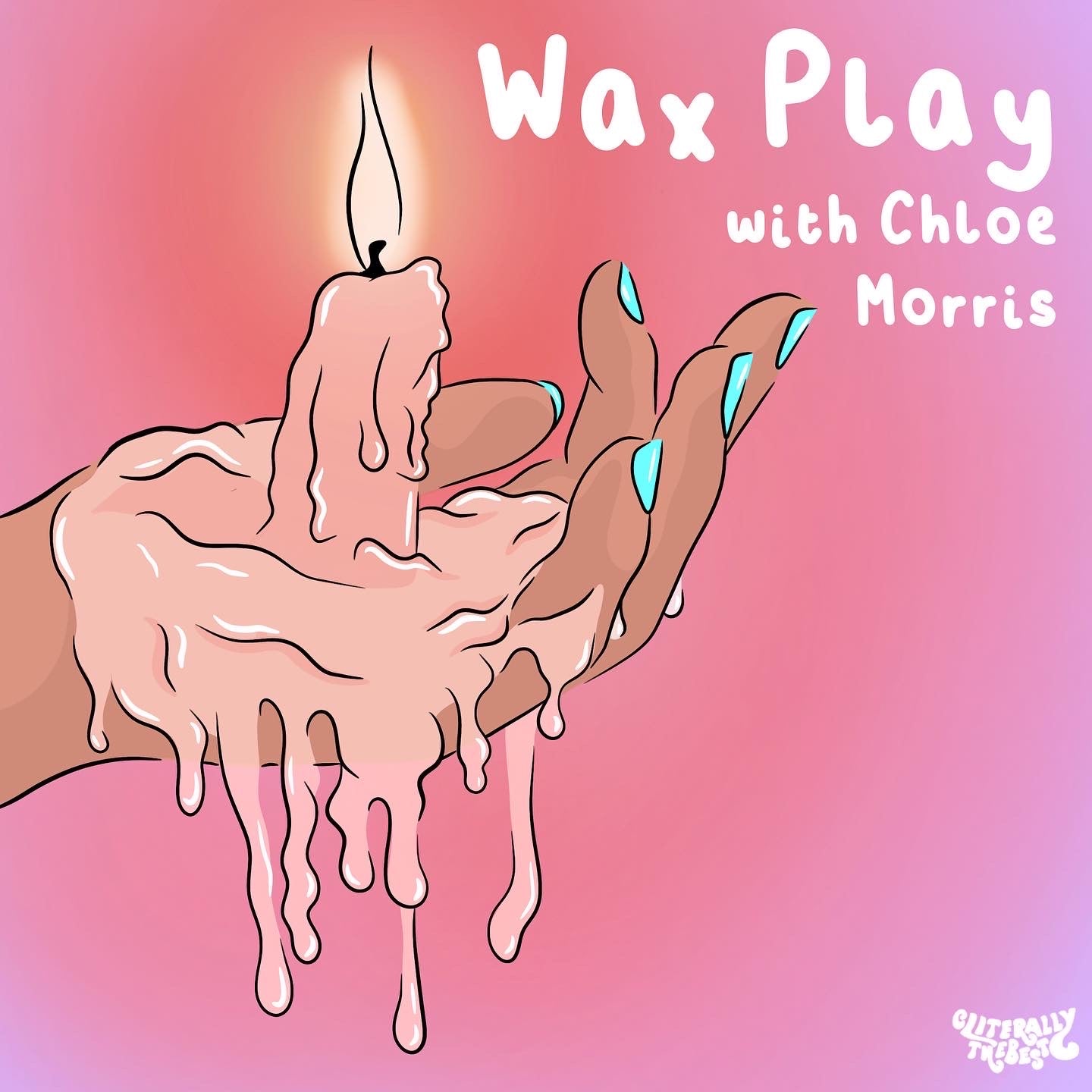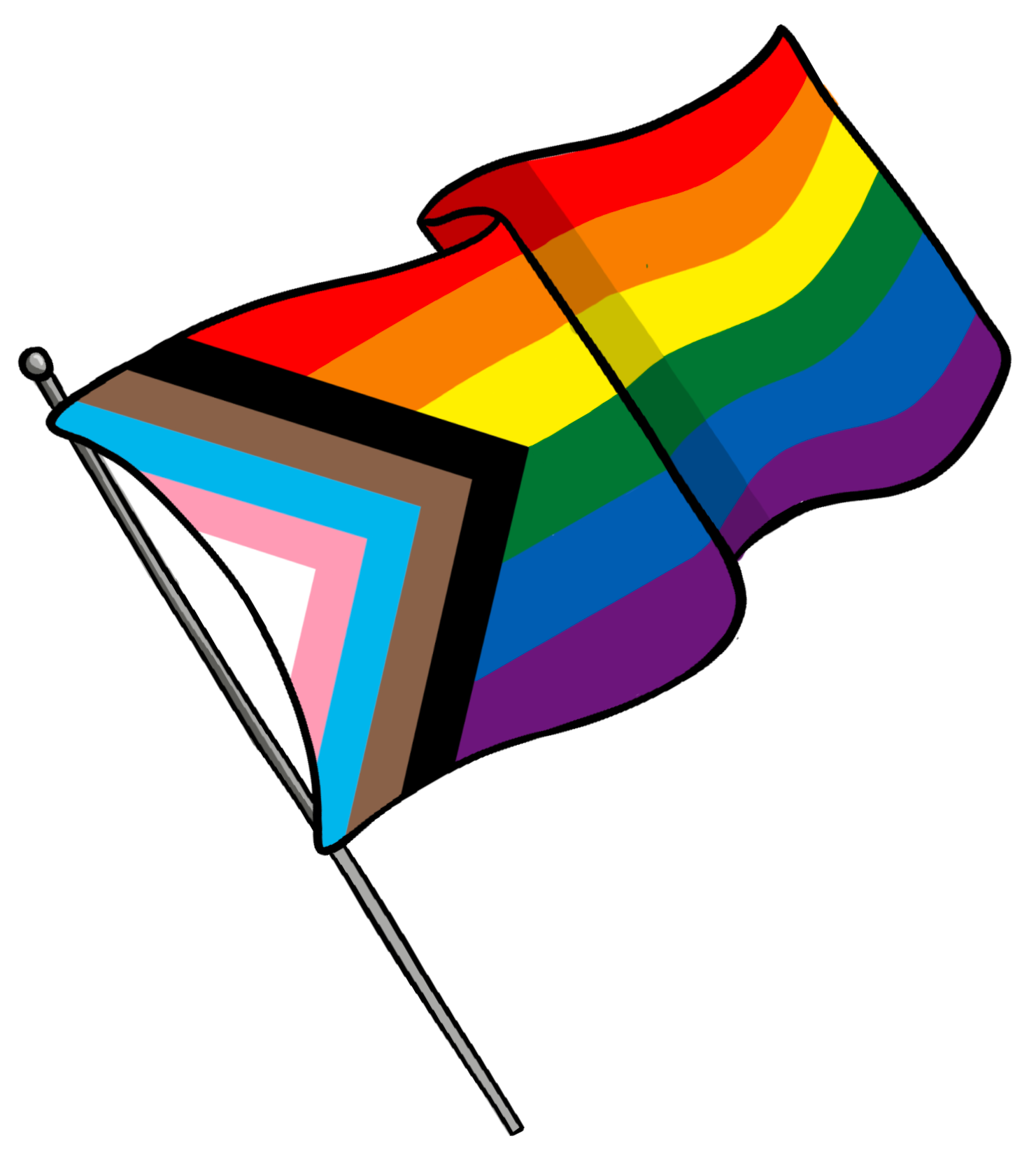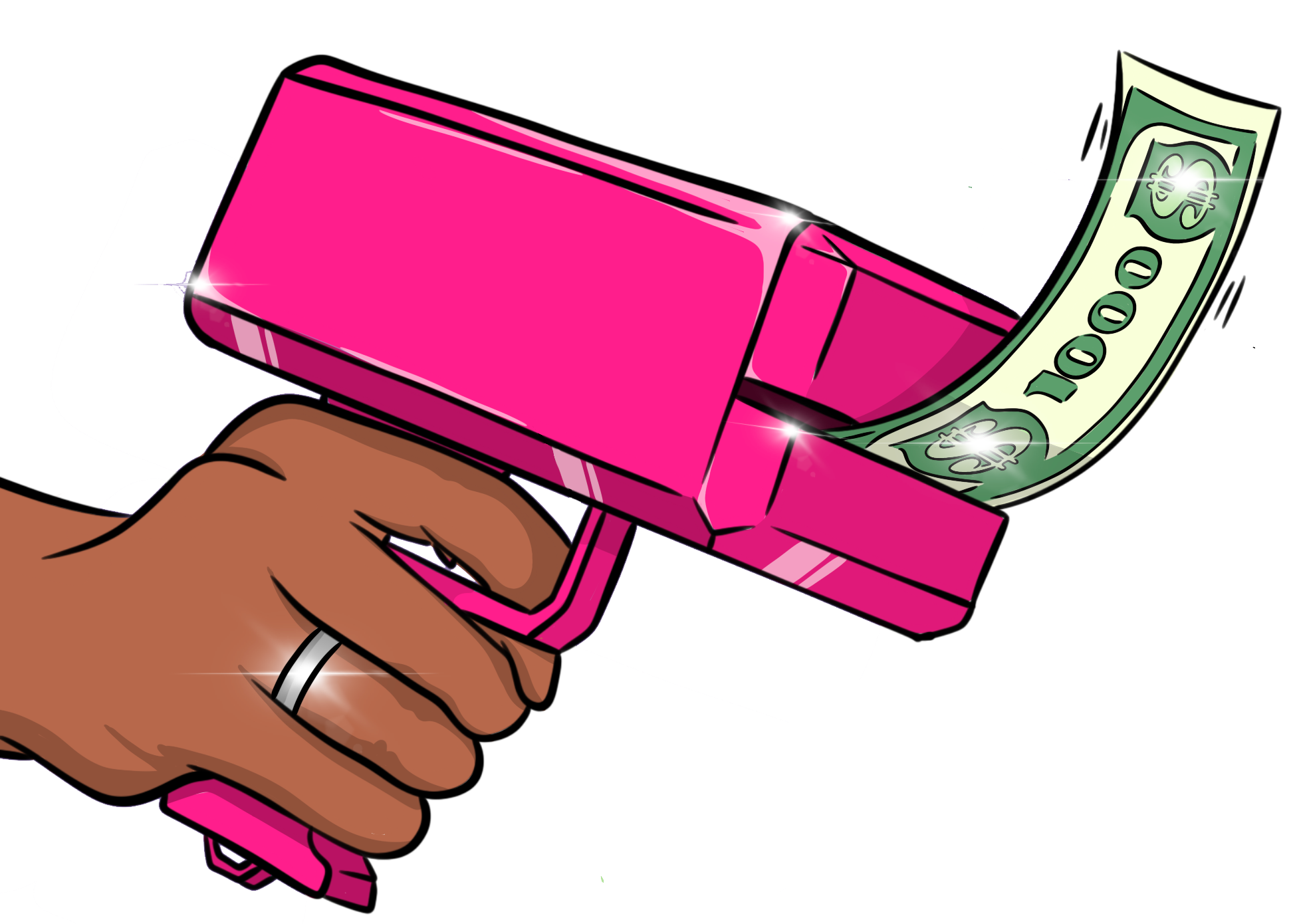This blog piece was written by Eleonora Ranuzzi, psychologist & intern for TPC.
Why we need to have The Porn Conversation
What happens exactly when we ignore porn and don’t speak about it? We don’t have the necessary porn literacy tools to critique and question the messages porn sends us.
Porn, as any other form of media, includes messages that even unconsciously influence our behaviours and ideas we hold about ourselves and others. By bringing porn literacy to sex education we learn the tools to take our power back!
From an early age, children are regularly exposed to sexualised images. Providing age-appropriate comprehensive sex education for young people is fundamental for their development, yet it is absent in many school curricula. Although most parents agree that sex education is necessary (Kantor et al., 2017), they often fail to talk about sex at home. It’s only natural that young people are curious about sex. When young people don’t have access to age-appropriate and evidence-informed sex education from trusted sources and adults, they are left to learn about sex through what they find online, which in many cases, is porn. And let’s be real - adults too go to porn for their own sex educational purposes as well.
Porn is everywhere - and we don’t say this in a fear-mongering way, but it’s clear that there is a sharp contrast between the dramatic presence of sexualised images online and the hesitation to have conversations about them. When we don’t have the tools to critique these messages, their meaning gets distorted and may send harmful messages on sex, bodies, respectful relationships, race, gender, to name a few. And since porn is oftentimes the only sex education available we understand there is a huge need for porn literacy in sex education.
Speaking about porn doesn’t have to be something we do once to simply tick a box. As human beings are fluid creatures and sexuality is often a big part of our lives, we should keep exploring the meaning of porn and the messages it sends as an ongoing discussion.
There are three basic rules you should follow when having “The Porn Conversation”:
- Whether you enjoy, are indifferent, or detest porn, keep an open and non-judgmental approach to the subject.
- Be prepared to have an ongoing and open conversation about it.
- Ensure that your relationship with porn aligns with your personal values.
We need to have the Porn Conversation as a part of sex education because by speaking about the impact that porn has on our lives we give ourselves the opportunity to gain control over it and lead more fulfilling lives, both off and online.
What is porn literacy?
Porn literacy is a type of media literacy. Media literacy is a decades-long educational framework and approach to help us become more critical consumers of the media we are exposed to.
The five core concepts of media literacy are:
- All media messages are ‘constructed.’
- Media messages are constructed using a creative language with its own rules.
- Different people experience the same media message differently.
- Media have embedded values and points of view.
- Most media messages are organized to gain profit and/or power.
Porn literacy works in a similar way to media literacy by using the same core concepts and questions of media literacy as a framework from which people can critically examine and make sense of the sexual images they see. It is used to encourage an understanding that porn as a form of sexualised media, whether consumed intentionally or not, has a message. The main goal of porn literacy is for individuals to critique porn and construct their own meanings from the content.
What are the five key questions of porn literacy?
The five key questions of media literacy are:
- Who created this message?
- What creative techniques are used to attract my attention?
- How might different people understand this message differently?
- What values, lifestyles, and points of view are represented in, or omitted from, this message?
- Why is this message being sent?
You can use these questions as a start to begin questioning the content you are exposed to and have the Porn Conversation with whoever you want (yourself included!), obviously adjusting the conversation according to your personal values.
What are some messages free online porn sends?
Free online porn is defined as the most easily accessible pornography on the internet. It is found on websites where you can access unlimited amounts of content for free. People are led to believe the fictitious stories porn creates are real.
Most pornography found online is violently misogynistic, and leaves people of all ages, genders, and sexualities with a misunderstanding of what sex and respectful relationships look like - which further maintains the rape culture we live in. While focusing on a certain type of media or pornographic content, it’s particularly important to question what kind of messages and ideas they are conveying regarding to:
→ Sex
→ Body Image (size of sexual organs, presence of body hair, body type)
→ Rape Culture
→ Objectification of Girls and Women
→ Racism and the Fetishisation of Black, Indigenous, People of Colour (BIPOC)
→ Sexualization of Teens
→ Consent and Boundaries
→ Online Safety
Having The Porn Conversation promotes consent culture, which is a respectful and nonviolent alternative to rape culture. You are the only one that should be entitled to control your own body, and any interaction with another person should always be received with their consent.
Why Porn Literacy should be included in Sex Ed
The reality is, a large number of young people are streaming porn from the numerous free online porn websites, such as YouPorn, RedTube, and the ever-popular PornHub and the probability that it is their first exposure to sex is high. Having conversations about porn encourages you to critically think about the content you consume – and to question the messages!
As one of the primary concerns regarding youth pornography engagement is the impact it can have on forming sexual expectations, developing porn literacy skills could help people anticipate sexual outcomes that are realistic for their lives instead of the fantasy that porn creates. It’s important to break the taboo that still surrounds porn and start examining the harmful messages free online porn promotes, such as the unrealistic expectations of sex, objectification of girls and women, racism, violence, and the sexualisation of teens.
Comprehensive sex education has many positive impacts, including increasing one’s knowledge and improving their attitudes related to sexual and reproductive health. By shedding light on the highly controversial debate on porn and today’s online sex culture, we are campaigning for a more educated and alert generation, who are prepared and ready to make better choices about their sexual health; driven by knowledge, and not by fear or shame.
The Porn Conversation is actively recruiting sexual wellness activists to join our community. Find out more information on our Ambassador and Student Ambassador programs here.
Ambassador Program
Gives sexual health and education professionals the opportunity to use their voice and expertise to inspire the TPC community. In return, we will cross-promote your platforms to support the growth of your brand, clientele, and following.
TPC Student Ambassadors
Gives young sexual health activists and emerging leaders the opportunity to participate in our growth, while developing advocacy skills and connecting with like-minded peers.
Parents
It can be super hard to even think about talking to your children about online material - but it's essential for their future relationships with other people and their body. thepornconversation.org has some great guides for family on approaching these chats.

